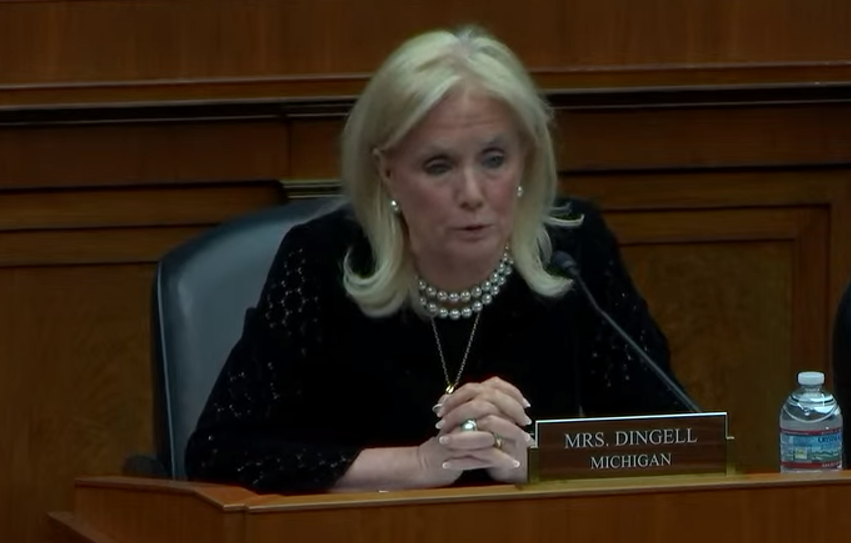Addressing 'Rip and Replace' Shortfall Takes Center Stage at E&C Committee Hearing
Members emphasized fully funding reimbursements mandated by the Secure and Trusted Communications Networks Act.
Jericho Casper

WASHINGTON, February 15, 2024 – Members of the House Energy and Commerce Communications and Technology Subcommittee urged Congress Thursday to act with haste to bridge the $3-billion shortfall in the Federal Communications Commission’s “rip and replace” program over national security concerns.
Led by committee leadership, members repeatedly called for Congress to immediately and fully fund the reimbursement program mandated by the 2019 Secure and Trusted Communications Networks Act, which requires internet service providers to eliminate from their networks Chinese-manufactured equipment made by companies such as Huawei and ZTE.
Michigan providers received $14 million from the FCC’s Secure and Trusted Communications Networks Reimbursement Program, reported Representative Debbie Dingell, D-Michigan. However, they require more than $56 million to effectively transition away from using the foreign equipment. “That’s a $42 million deficit just in my state,” she said.
In response to Dingell regarding the significance of finalizing the "rip and replace" initiative, witness James Lewis, senior vice president at the Center for Strategic and International Studies, remarked, “One question I ask some of my colleagues is: Why do you think the Chinese subsidized the placement of telecommunications infrastructure and hardware in networks around the world and in the U.S.? It’s because it gives them a signals intelligence advantage.”
Lewis emphasized the importance of completing this initiative, stating, “for that reason we have to complete this, especially considering how many of these networks are situated in sensitive areas. This poses a significant potential risk."
Witnesses present raised concerns regarding the success of US Open RAN initiatives in driving more competition globally to the Chinese equipment market.
The current lack of cost-competitive options to Huawei and ZTE, leaves many countries around the world stuck, unable to afford equipment from other providers, highlighted Lindsay Gorman, senior fellow for emerging technologies at the German Marshall Fund’s Alliance for Securing Democracy.
Gorman said the dilemma is exacerbated by the dominance of only three key players in the market: Sweden’s Ericsson, Finland’s Nokia, and Huawei.








